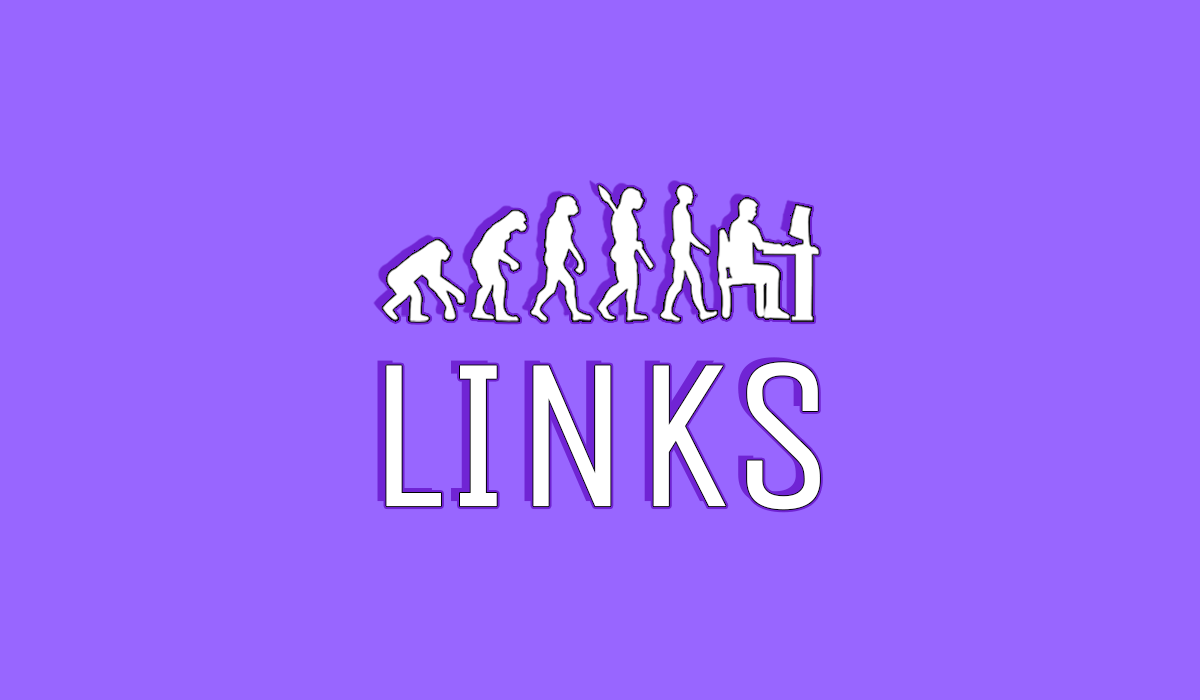Welcome to LINKS — my attempt to provide Rhapsody readers with five interesting stories that tell us something about what it means to be human. LINKS is published every Wednesday. Have a link you want to share? Drop it in the comments.
Deep in Florida, an ‘ecological disaster’ has been reversed—and wildlife is thriving
By Douglas Main, Photographs by Carlton Ward Jr, National Geographic
“The restoration is a grand success story that ‘shows it’s possible to act at the landscape scale, and [it] demonstrates how quickly ecosystems can recover,’ Estenoz adds. And it’s vitally important for water quality and the threatened species that live there, including limpkins, snail kites, and bald eagles, says Congressman Darren Soto, whose district abuts the river.”
The brain may flush out its waste products after a mental workout
By Clare Wilson, New Scientist
“Until recently, this system was thought to activate only during sleep, but now researchers have seen it ramping up in people after they watch flickering chequerboard patterns on a screen.
“The finding provides a tantalising hint that people may be able to deliberately flush out waste products from their brain by staring at intense visual stimuli, says Laura Lewis at Boston University in Massachusetts.”
Dairy was essential to the survival of ancient humans in extreme environments
“These findings follow a paper published in Nature in July 2022 that countered previously-held beliefs that a gene mutation in the DNA of ancient humans extending lactose tolerance into adulthood (beyond the usual cut-off point at around five years old) was the cause of widespread increases in milk drinking.
“In fact, by the time this gene mutation became common, people had already been drinking milk for over 9,000 years – which wasn’t a problem until there were famines or infections. Being malnourished or sick meant the diarrhea that lactose intolerant people suffered became fatal, while those with the lactase persistent gene mutation were able to survive.”
An ancient gene stolen from bacteria set the stage for human sight
“The eye is so complex that even Charles Darwin was at a loss to explain how it could have arisen. Now, it turns out that the evolution of the vertebrate eye got an unexpected boost—from bacteria, which contributed a key gene involved in the retina’s response to light. The work, reported today in the Proceedings of the National Academy of Sciences, drives home the evolutionary importance of genes borrowed from other species.”
Can Intelligence Be Separated From the Body?
By Oliver Whang, The New York Times
“But some A.I. researchers say that the technology won’t reach true intelligence, or true understanding of the world, until it is paired with a body that can perceive, react to and feel around its environment. For them, talk of disembodied intelligent minds is misguided — even dangerous. A.I. that is unable to explore the world and learn its limits, in the ways that children figure out what they can and can’t do, could make life-threatening mistakes and pursue its goals at the risk of human welfare.”



